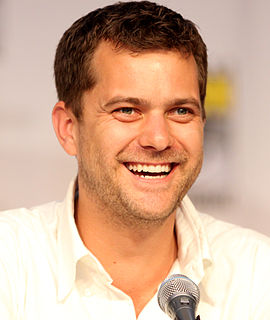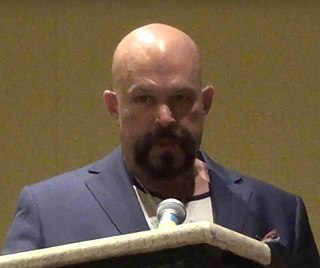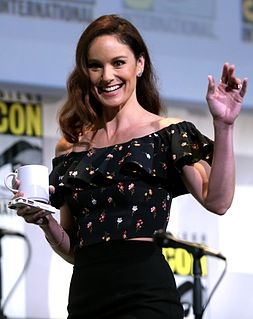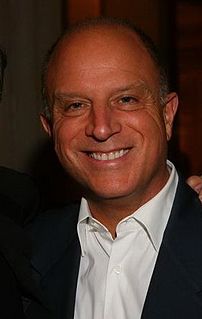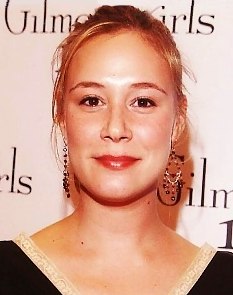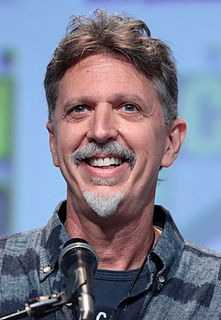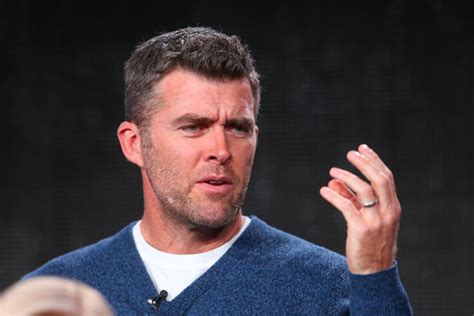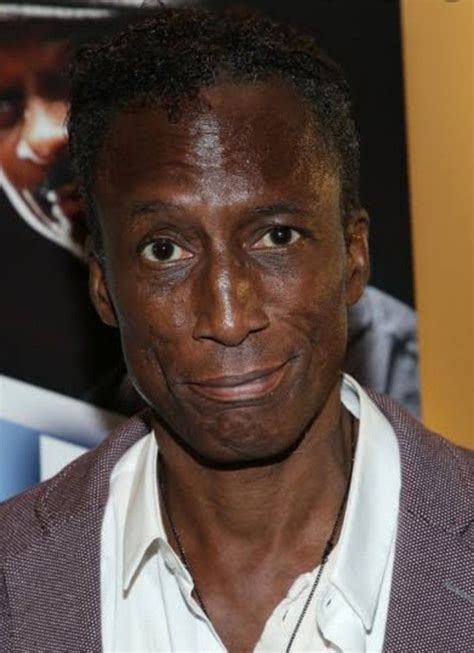A Quote by Joshua Jackson
For me, as an audience member, I'm always most engaged by serialized storytelling, so as an actor, the thing that I take away from it is how much fun it is to perform a serialized story.
Related Quotes
I like to multitask. I love the process of the storytelling in television. I love the serial. Even my stab at doing a procedural show was still very much serialized. I'm such a serialized storyteller. I feel like the story never ends. I want it to go and go and go. However, with cable and streaming now it's endless. You can do anything.
What serialized cable dramas have given us is the opportunity to not simply tell the same story with slightly different words and different costumes, every week. people are really mining the ability of storytellers to tell a long form story that goes from A to Z, and to trust that an audience will follow that. If they miss it, over the course of the week, they can watch it online or buy the DVD. There are so many different ways of interacting with it. Storytelling in television is getting more complex and more nuanced.
You can put the camera in places where you may not necessarily be able to put it there if I don't do the stunt. If it's character and it's storytelling, then we do it. We design the things around me. I don't do it just to do a stunt. It's storytelling for me and how I can best bring the audience into the action, bring the audience into the story. And that's how we always look at at.
The interesting thing about a lot of serialized television is that it's a blessing and curse. Smart writers really take their time in investing in backstories and characters. As a viewer, you have to invest in them and love them before you can chip away at what's going on more on a deeper level with secondary characters.
In the shows I've done serialized storytelling with, there are big open questions, but you like every episode to be identifiable as what it is. It's also very important that each season is identifiable. There's usually some big thing that you're trying to wrap up. There are big bows that you're trying to tie, by the end of the season, that you would do anyway because it's just good storytelling to tie those things up.
In film, you have to present everything on the screen so it's the opposite of what I usually do with storytelling. It forced me to think about how people walk, where they sit at that moment. With Princess of Nebraska, it was just fun to watch because the movie was so far from the story. It was very much a different story.
